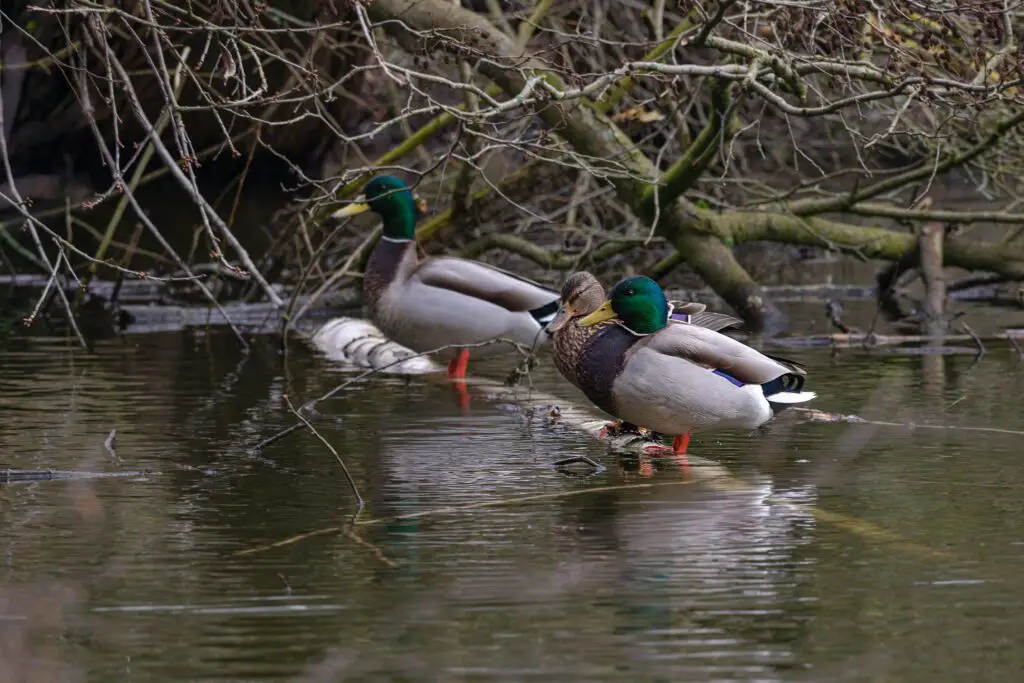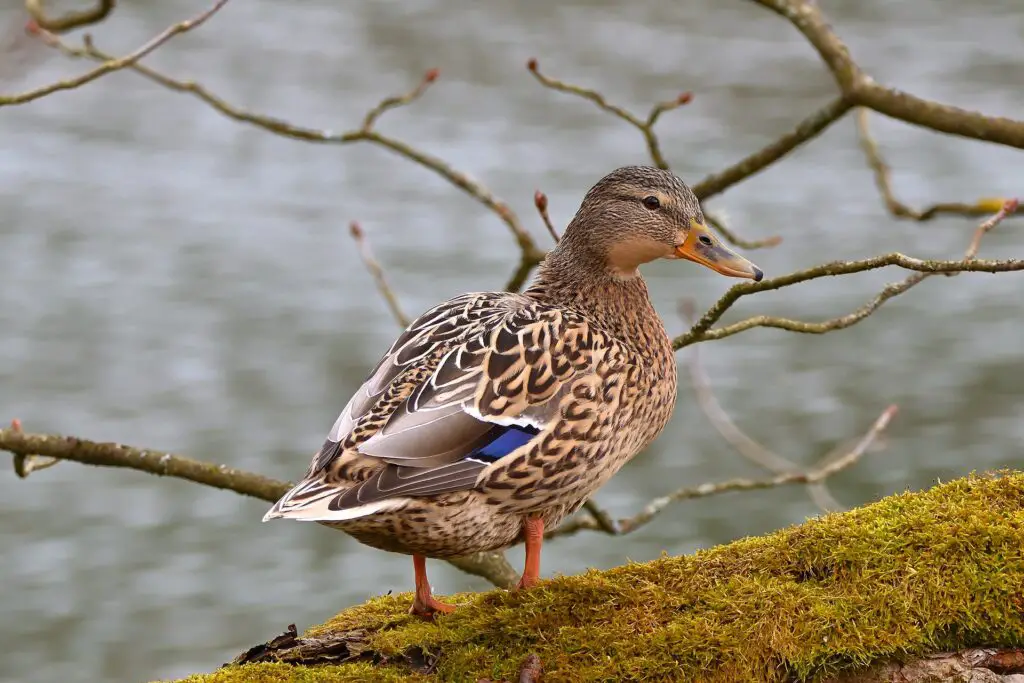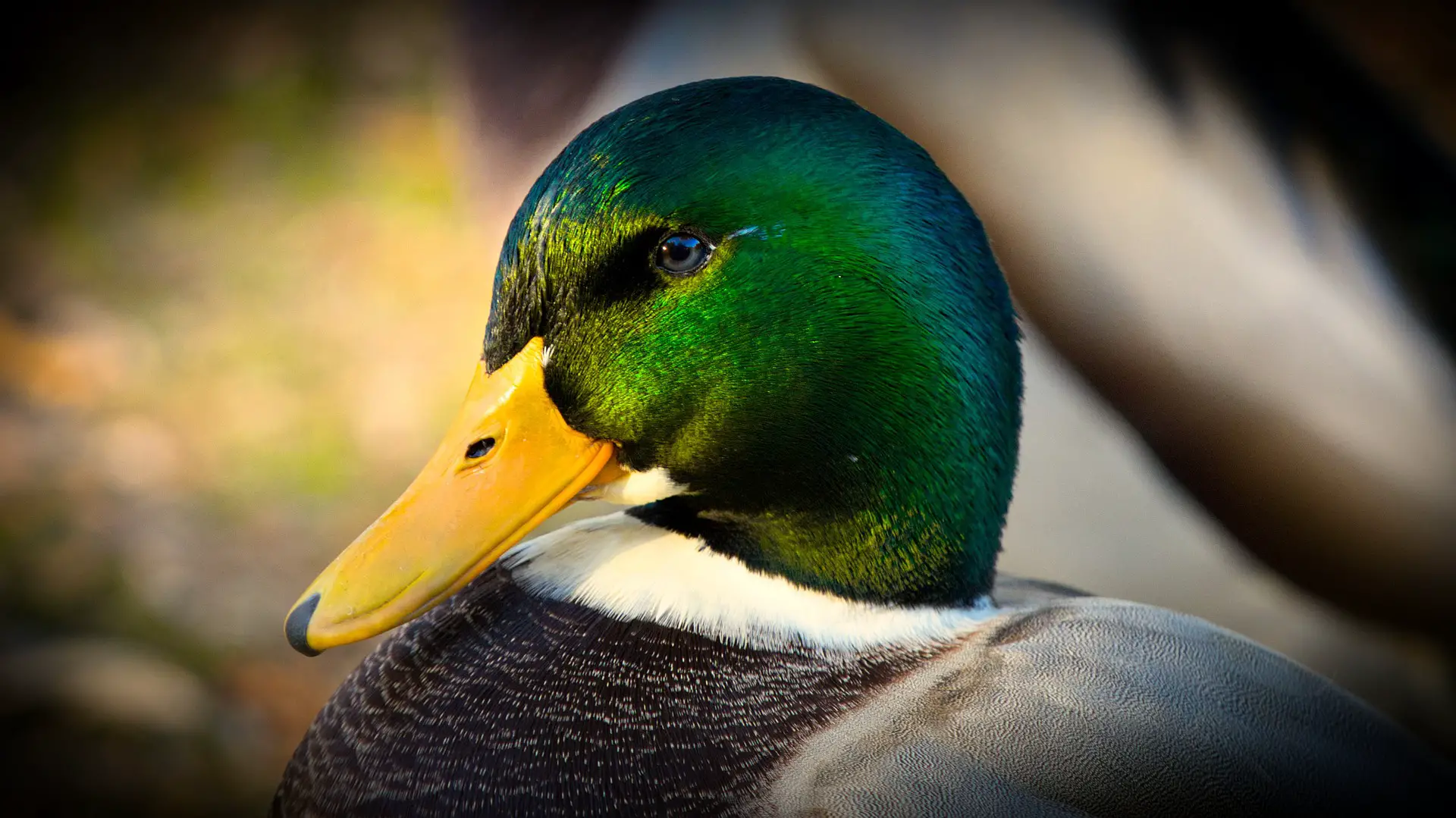Michigan, a state adorned with lakes and wetlands, becomes a haven for various wildlife, including an array of wild ducks. In this exploration, we embark on a journey to unravel the vibrant tapestry of wild ducks in Michigan, delving into their diverse species, habitats, and the crucial role they play in maintaining ecological balance.
You may also want to read about the best duck food.
Diversity in Duck Species
Michigan’s wetlands and water bodies host a diverse population of wild ducks. From the iconic Mallards to the striking Wood Ducks and the migratory wonders like Northern Pintails and Canvasbacks, the state boasts a colorful array of duck species. Each contributes to the ecological mosaic, bringing its unique hues and behaviors to the forefront.

Migratory Marvels
Michigan serves as a crucial stopover for numerous migratory duck species, making it a spectacle for birdwatchers and nature enthusiasts. The expansive Great Lakes and inland water bodies provide a temporary refuge for ducks on their journey, creating a dynamic and ever-changing avian landscape.
Ecological Importance of Ducks
Beyond their aesthetic appeal, wild ducks play a pivotal role in maintaining the ecological balance of Michigan’s ecosystems. Their foraging behaviors help control insect populations, while their dabbling and filter-feeding contribute to water quality. Ducks also serve as indicators of wetland health, reflecting the overall well-being of these vital habitats.
Habitats and Nesting Sites
Michigan’s wetlands, marshes, lakes, and rivers serve as the primary habitats for wild ducks. These diverse ecosystems provide nesting sites, feeding grounds, and shelter, ensuring the ducks have the necessary resources for breeding and raising their young. Conservation efforts in preserving these habitats are essential for the continued well-being of wild duck populations.
The Role of Wetland Conservation
Conservation organizations and governmental agencies in Michigan actively work to protect and restore wetlands, recognizing their significance in sustaining wild duck populations. Wetland conservation not only benefits ducks but also contributes to flood control, water purification, and the overall health of Michigan’s natural environment.

Observing Wild Ducks Responsibly
For those eager to observe wild ducks in Michigan, responsible birdwatching practices are crucial. Respecting their natural behaviors, maintaining a safe distance, and refraining from disrupting nesting sites are essential steps to ensure minimal impact on these beautiful creatures and their habitats.
Conservation Challenges and Solutions
While Michigan’s wild ducks contribute to the state’s ecological richness, they face challenges such as habitat loss and pollution. Continued conservation efforts, habitat restoration projects, and community awareness are vital in addressing these challenges and safeguarding the future of wild duck populations in the region.
Conclusion: Michigan’s Ducks – Guardians of Wetland Harmony
In conclusion, the wild ducks of Michigan paint a vibrant picture of ecological harmony. Their presence in the state’s wetlands not only adds to the visual spectacle but also plays a crucial role in maintaining the delicate balance of nature. As stewards of Michigan’s diverse ecosystems, it is our collective responsibility to appreciate, conserve, and protect the habitats that sustain these magnificent wild ducks, ensuring their legacy for generations to come.

